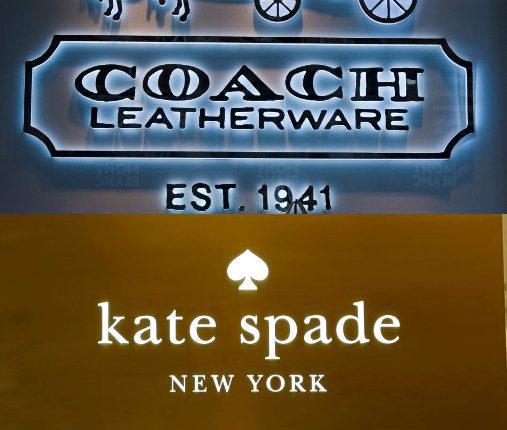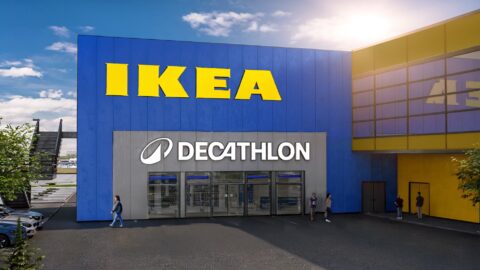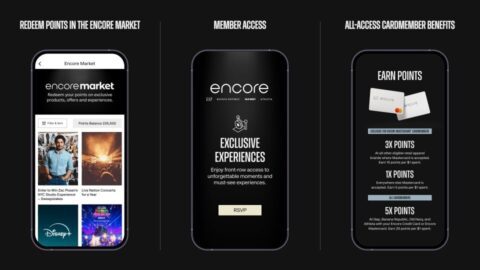After being the subject of sale speculation for months, Kate Spade has finally found its buyer. Fellow luxury handbag seller Coach has purchased the Kate Spade brand for $2.4 billion, or $18.50 per share. Coach CEO Victor Luis said in a statement that the brand is aiming to capture more brand awareness among Millennial consumers.
While the consolidation of two major luxury handbag brands appears to be redundant, cross-purchasing behavior among buyers indicates that few consumers are both Coach and Kate Spade buyers. Of shoppers who bought at least one Coach item online in the 12 months ending in March, just 15% of them also bought a Kate Spade item, according to data from NPD Group’s Checkout Tracking branch.
Coach believes that the brand can realize a run rate of approximately $50 million in synergies within three years of the deal’s closure, according to a statement from Kevin Wills, CFO of Coach.
“This segment of the luxury industry is ripe for consolidation,” said Greg Portell, the lead partner in A.T. Kearney’s retail practice in commentary provided to Retail TouchPoints. “In that sense, a deal isn’t surprising. Much of the deal is positive for both sides. Kate Spade was able to spark gains in shareholder value without needing to solve the harder issues facing the business. Coach picks up a recognized brand that balances scale with the potential for more growth. Their stated goal for cost synergies indicates conservative integration expectations. We would expect much greater costs savings opportunities given their business lines.”
Coach had been seeking out brands to add to its portfolio as it has struggled to mitigate declining sales in the luxury and department store spaces. The brand reportedly sought to merge with Burberry in late 2016, but the latter rejected numerous takeover offers. North American sales for Coach dipped 5% to $474 million in Q3, but same-store sales for the region rose approximately 3%. Sales at North American department stores fell nearly 40% on both a POS and net sales basis, largely attributed to the brand’s decision to remove its products from 250 stores.
Portell noted that the strategy to build a “house of brands” is a smart decision for Coach, as opposed to trying to create synergy between the independent brands.
“An expectation of leveraging consumers from one brand to another is flawed,” Portell said. “To be successful, brands need to build their identities and deepen connections with their core consumers. Any plan that tries to blur brands or consumer groups would be a waste of the acquisition. The synergy comes from the ability to attract talent and build successful marketing and innovation platforms.”
The transaction is expected to close in Q3 of 2017, subject to customary closing conditions.













